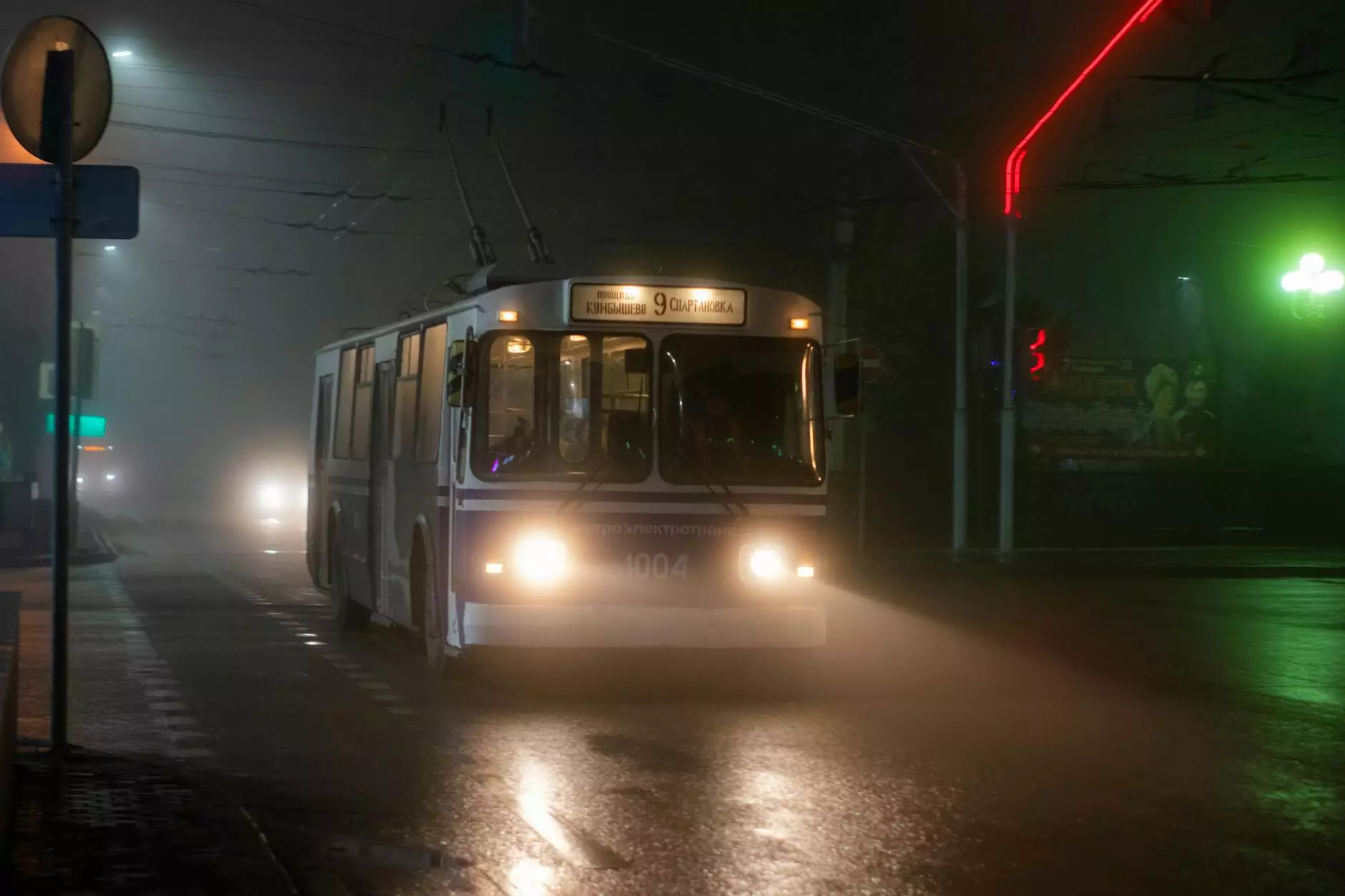How will truckers receive their COVID vaccine?
Blog
As the COVID-19 pandemic continues to impact various industries around the world, the shipping and logistics sector has faced numerous challenges. Truckers, who play a vital role in transporting goods, have been on the front lines throughout the crisis. Ensuring the well-being and safety of these essential workers is crucial. In this article, we will delve into how truckers will receive their COVID-19 vaccine and the unique logistical considerations faced by the shipping and logistics industry.
Importance of Vaccinating Truckers
Truckers play a critical role in keeping the supply chain moving, delivering essential goods to individuals, businesses, and healthcare facilities. Their continued operation is vital for maintaining economic stability during these challenging times. Given the nature of their work, truckers are at a higher risk of exposure to the coronavirus. Vaccinating them is not only a matter of protecting their health but also ensuring the smooth functioning of the entire logistics network.
Challenges Faced by the Shipping and Logistics Industry
The shipping and logistics industry has been significantly affected by the COVID-19 pandemic. From disrupted supply chains to increased demand for certain goods, companies in this sector have had to adapt quickly to survive. When it comes to vaccine distribution specifically, there are additional unique challenges to consider:
- 1. Cold chain storage: The COVID-19 vaccines require specific temperature conditions for storage and transportation. Maintaining the cold chain throughout the supply chain is crucial to ensure the vaccines remain effective. The shipping and logistics industry must have the necessary infrastructure and expertise to handle these requirements.
- 2. Prioritization and allocation: With limited vaccine supply, governments and health authorities need to prioritize certain groups, including healthcare workers and vulnerable populations. Coordinating the distribution and prioritization of vaccines for truckers amidst diverse state and regional guidelines presents a complex logistical task.
- 3. Rural and remote locations: Truckers frequently travel to rural areas and remote regions where access to healthcare facilities may be limited. Ensuring that vaccines reach truckers in these areas poses a logistical challenge, as it requires careful planning to overcome the geographical obstacles.
- 4. Timely delivery: The time-sensitive nature of vaccine distribution necessitates efficient coordination between vaccine manufacturers, shipping companies, and logistics providers. Delays in transportation could impact the availability of vaccines for truckers, underscoring the need for precise planning and execution.
Vaccine Distribution for Truckers
The distribution of COVID-19 vaccines to truckers will involve a collaborative effort between government agencies, healthcare providers, and the shipping and logistics industry. Here are some potential strategies:
1. Vaccination centers at transportation hubs:
Setting up dedicated vaccination centers at major transportation hubs, such as truck stops and rest areas, could optimize vaccine access for truckers. These centers can be strategically located along commonly traveled routes, providing convenient access for truckers across the country.
2. Mobile vaccination units:
Deploying mobile vaccination units to reach truckers in remote areas could be an effective solution. These units can travel to different truck stops and distribution centers, ensuring that truckers receive their vaccines regardless of their location.
3. Collaboration with employers:
Partnering with trucking companies to facilitate on-site vaccination events can streamline the process for truckers. Employers can coordinate with healthcare providers to administer vaccines to their drivers, prioritizing their workforce and ensuring maximum vaccination coverage.
Conclusion
Vaccinating truckers against COVID-19 is crucial for protecting their health and maintaining the efficiency of the shipping and logistics industry. However, the complex logistical challenges faced by this sector make the distribution process intricate. By implementing targeted strategies such as dedicated vaccination centers, mobile units, and collaboration with employers, truckers can receive their vaccines efficiently regardless of their location. As the pandemic continues to evolve, it is essential to adapt and prioritize the well-being of essential workers, including the dedicated truckers who keep our supply chains running.



